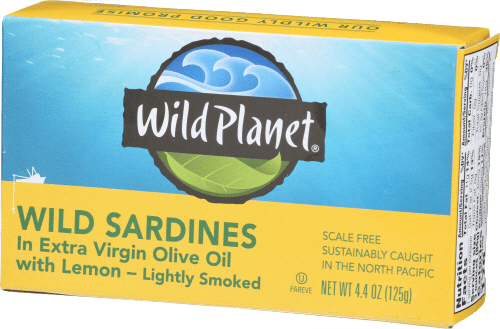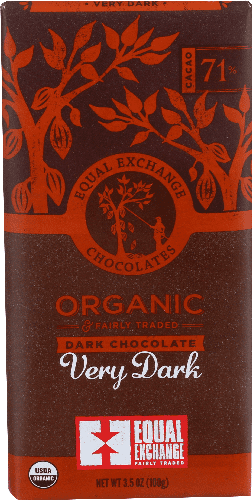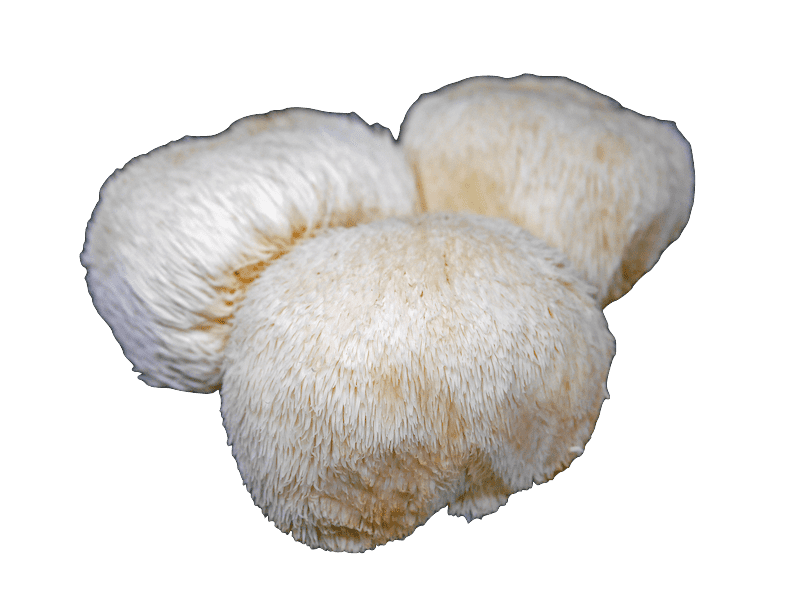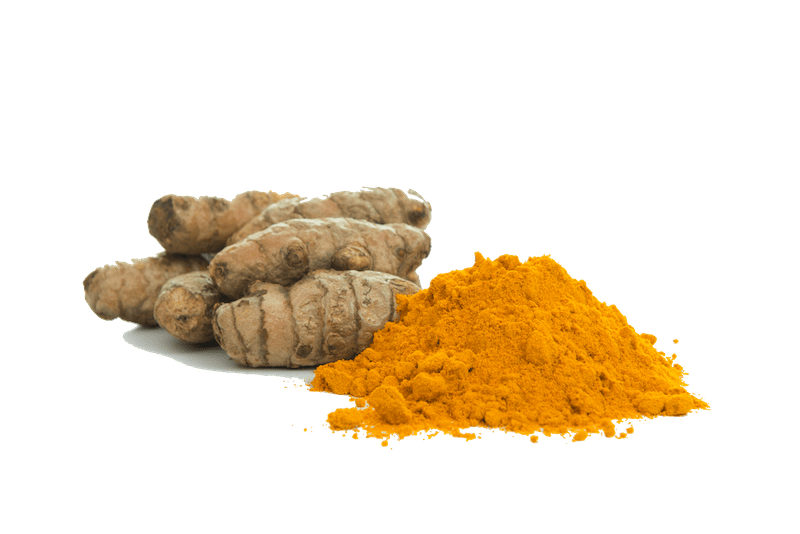10 Foods for an Anti-Inflammatory Diet
What is inflammation?
Inflammation – it’s a word we hear a lot in regard to our health. But what is it, and how can introducing anti-inflammatory foods into your diet help you?
 Simply put, inflammation is a reaction your body has to negative stimuli. The response is the same whether it’s provoked by injury, infection, or something else. Your body raises the alarm, and white blood cells – your body’s natural defenders – are sent to the site.
Simply put, inflammation is a reaction your body has to negative stimuli. The response is the same whether it’s provoked by injury, infection, or something else. Your body raises the alarm, and white blood cells – your body’s natural defenders – are sent to the site.
Sometimes, inflammation is beneficial. For example, swelling is a form of inflammation response intended to prevent further injury. However, we all know you can have too much of a good thing. Swelling that doesn’t go down is cause for concern – it means your body is overreacting.
What causes inflammation?
Many things cause our bodies to become inflamed. Even mental stress has been shown to result in inflammation. Chronic inflammation – or inflammation that continues long after the first response – can exacerbate a laundry list of other conditions, including heart disease, diabetes, and cancer. All kinds of things can provoke chronic inflammation. However, a predominant cause is diet. Eating more anti-inflammatory foods can play a large role in reducing chronic inflammation.
Which foods are anti-inflammatory?
Some foods have been shown to be more effective in reducing inflammation than others. Here are some of the top foods shown to help fight inflammation response.
 1) Fatty Fish
1) Fatty Fish
Many of us have been trained to see “fat” as a four-letter word. However, some fats are friends. This is especially true of Omega-3 fatty acids, found in foods like fish and nuts. These compounds have been shown to lower blood pressure, lower triglyceride levels, and stave off inflammation. While whole fish is a great source of Omega-3s, taking fish oils as a supplement is also a great way to ensure you’re getting enough of these vital nutrients.
2) Cruciferous Vegetables
It’s not surprising that vegetables are good for you. What you might not know is that cruciferous vegetables, like kale, broccoli, and Brussels sprouts, are one of the top anti-inflammatory foods. This is because they contain phytochemicals that can help regulate your body’s inflammation response.
3) Dark Chocolate
Yes, yes, you’re reading that right. Cocoa contains polyphenols, which have been shown to help modulate inflammatory responses in the heart. This can help reduce the risk of heart disease. Choosing dark chocolate that is high in cocoa content (70% or more) can be a great way to fight inflammation. Plus, it’s pretty tasty too.
4) Mushrooms
Mycological magic. Mushrooms have been used as medicine for thousands of years, and it’s not hard to see why. These amazing fungi contain a plethora of helpful compounds and micronutrients, including polysaccharides, fatty acids, and vitamins. Many mushrooms, such as Lion’s Mane or Cordyceps, are considered adaptogens. This is to say they help your body adapt to changing stresses and fight inflammation as it starts.
5) Turmeric
Known primarily for its use as a spice, Turmeric is also an excellent anti-inflammatory agent. It contains large amounts of curcumin, a compound which fights inflammation. Use your turmeric either fresh or in powdered supplement form. Both are excellent, although a concentrated supplement may be easier for your body to absorb.
6) Green Tea
Green tea is known for its myriad health benefits. However its anti-inflammatory effects are sometimes overlooked. One of green tea’s main components is EGCG. This compound can help suppress the response of inflammatory cytokines in your body’s cells. This can contribute to the overall improvement of inflammation  in the body.
in the body.
7) Olive Oil
Many of us have heard about the benefits of the “Mediterranean Diet”. One of its most anti-inflammatory components is olive oil. Extra virgin olive oil contains Oleocanthal, a phenolic compound. Oleocanthal functions similarly in the body to ibuprofen, aiding in reducing inflammation response.
8) Tree Nuts
Tree nuts have high amounts of Omega-3s and other beneficial fatty acids. Also, they are a good source of Vitamin E, which is a potent anti-inflammatory in its own right. Walnuts are exceptionally high in Omega-3s – try adding some to your next baking project or batch of homemade granola!
9) Grapes
Grapes are nature’s candy. Delicious fresh, dried, or fermented into wine, these little drops of sunshine are also powerful pain-fighters. Grapes are rich in anthocyanins. These compounds help regulate the body’s immune response, preventing acute and chronic inflammation.
10) Water
Ok, so it’s not a food, per se. However, water is one of the most, if not the most, important dietary factors in reducing inflammation. Drinking enough water helps your body flush toxins and irritants. It lubricates your joint capsules and contains vital electrolytes for your muscles and nervous system. A significant portion of our daily mineral intake comes from the water we drink. The list goes on and on – the bottom line is, DRINK MORE WATER! Alkaline or pH balanced waters may be especially effective at fighting inflammation. As our environment has become more acidic due to pollution, so have our bodies. A more acidic body irritates and inflames our cells. Drinking alkaline water can help balance your body out.
These statements have not been evaluated by the FDA. They are not intended to treat, diagnose, cure or prevent any disease.
